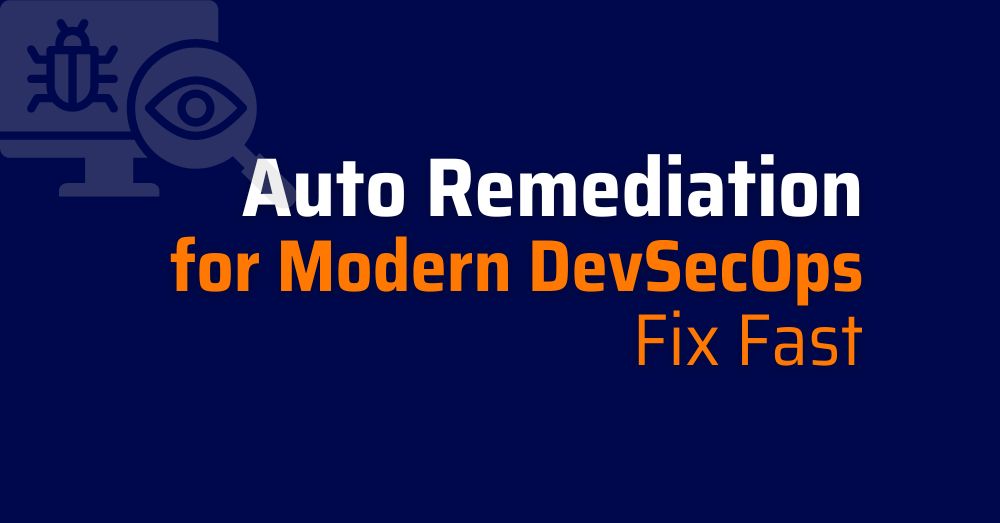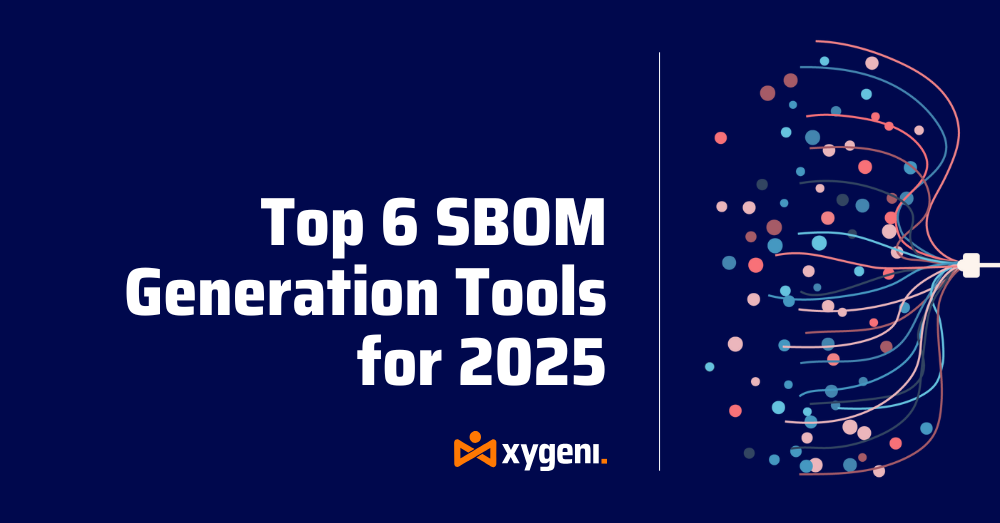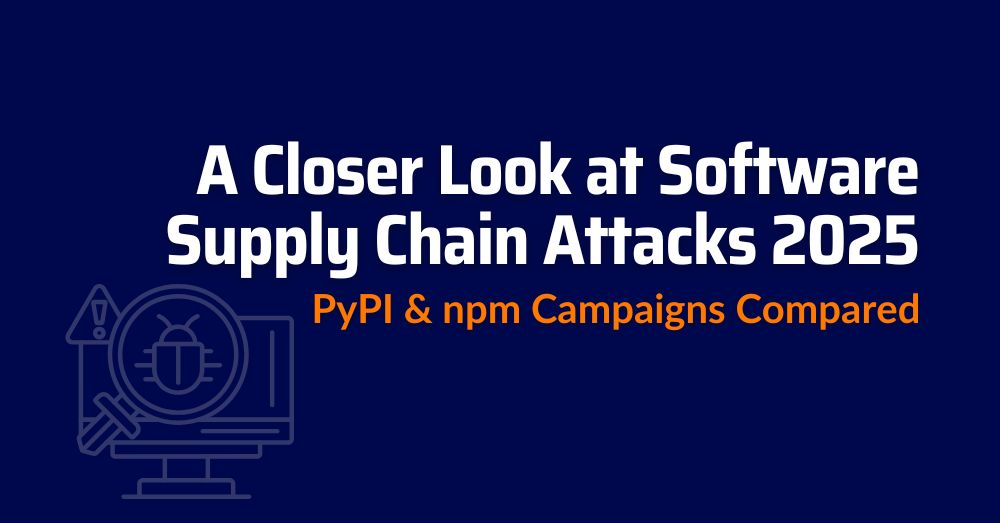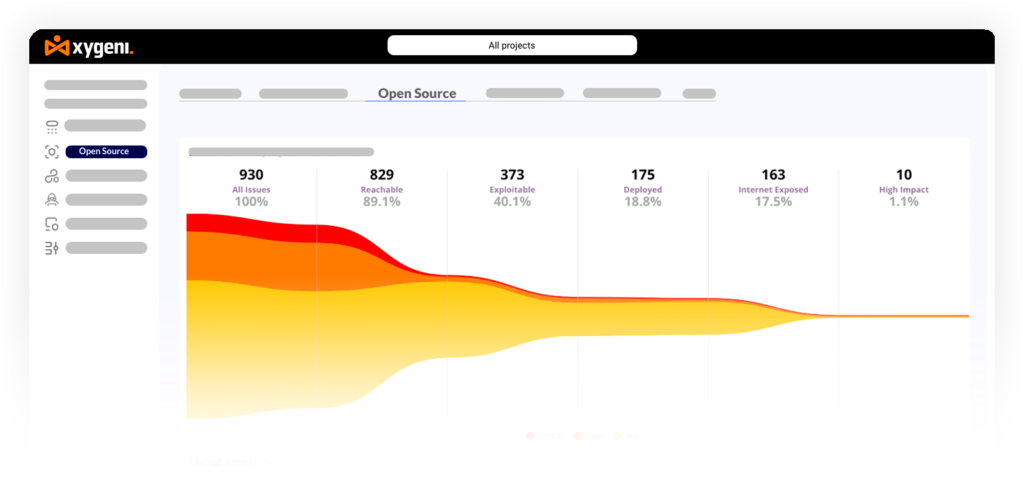As a developer or member of a DevOps team, securing the pipeline is of utmost importance. The pipeline is the suite of processes and tools that are used to build, test, and deploy code changes to production environments. If your pipeline is not secure, it can lead to severe consequences, including data breaches, system crashes, and loss of customer confidence.
Software Supply-Chain Security helps you consistently to protect your pipeline
Protect the integrity and security of your software ecosystem throughout the entire DevOps by:
- Preventing costly mistakes, data leakages, and malicious code injectionsBad actors are shifting their aim at weaker points, often related to software development and release: a backdoor in your software may propagate to all your users and customers. Xygeni defends your SDLC, stopping attacks on the software supply chain, and avoiding attackers to breach your DevOps system.
- Keeping you alerted to new risks with early warningWith a detailed inventory of your software dependencies and external tools used in your software lifecycle, the emergence of a new malicious component or a troyanized CI action can be identified as a potential threat to your software. Prompt alerts warn you of the new threats affecting your software.
- Identifying and remediating suspect dependencies, secret leakages, IaC flaws, misconfigurations, malware, and moreModern software involves many components, tools, and actors, from sources to production environments. With a lot of mobile parts, it is essential to have strong abilities for detecting and quickly fixing.
- Avoiding unintended changes to critical codeParts of software source code, like installation or upgrade scripts, build pipelines, or important configuration files should have changes blocked by default, and a strict procedure should be enforced for their modification.
- Continuous pipeline securityContinuous integration/delivery pipelines excel at automating the work needed to put complex software into production. Security checks are often performed as pipeline steps, like scanning and fuzzing. But ensuring that the result was not tampered with requires additional controls. Like attestation of provenance for each input in the pipeline, SBOM generation with sealing, or the pipeline’s security.Xygeni acts on the CI/CD pipelines to improve their resilience against threats targeting them.
- Enforce security policiesOrganizations may define flexible policies for supply chain security that different projects should follow. Xygeni runs the technical checks to detect flaws and deviations from the established policies, helping with enforcing the adopted policies, for an enhanced security posture against supply chain attacks.
By following these tips, you can help protect the pipeline security of your DevOps and ensure that your code is secure before it is deployed to production. Remember, the security of the pipeline is critical to the overall security of your systems, so it is important to prioritize it in your development and deployment processes. Xygeni helps you continuously scan and protect.












